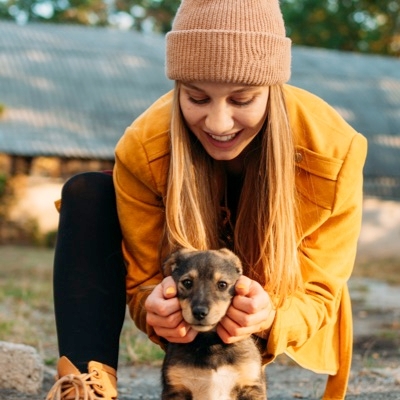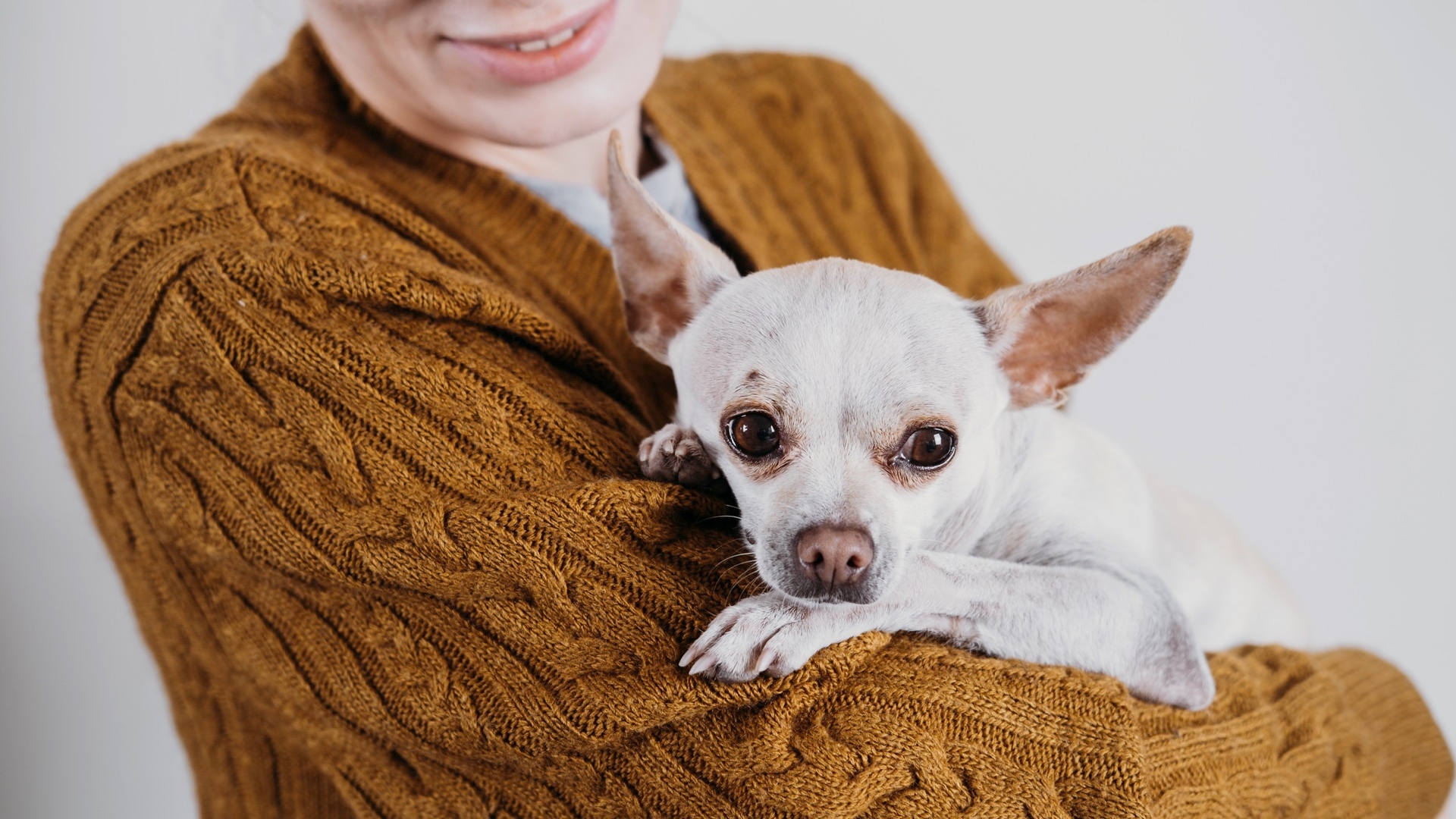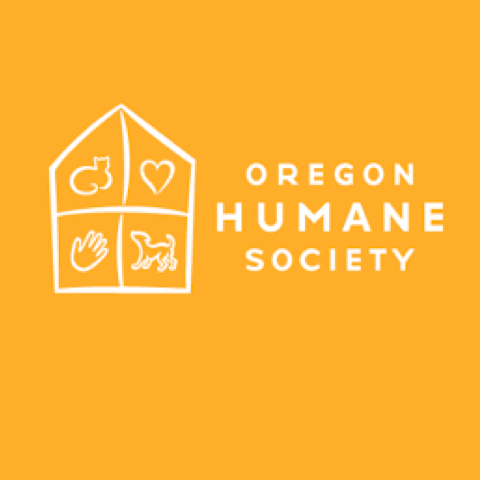Socialization:
Summary:
Socialization is the developmental process where puppies and adolescent dogs familiarize themselves with their constantly changing surroundings. It is how they work out what is safe and rewarding as opposed to what is dangerous and scary.


Socialization is the developmental process where puppies and adolescent dogs familiarize themselves with their constantly changing surroundings. It is how they work out what is safe and rewarding as opposed to what is dangerous and scary.
Anything you want your puppy to cheerfully accept as an adult – people of all kinds, animals, objects, places and situations – you must introduce to her often and in a positive manner during the first 6 months of her life. After that, you have to make sure she stays comfortable with all these new things.
Why spend time socializing your puppy?
Puppies tend to love everything until the early stage of their development draws to a close. At that point, they become wary of other dogs if they have met too few. Puppies can become shy or growly around children and strangers, unless they have met and enjoyed meeting many of them. Unfamiliar objects can become a source of stress and anxiety for many dogs.
Under-socialized dogs are at much greater risk of developing all sorts of behavioral problems stemming from fear— aggression, agoraphobia, and reactivity towards strangers and animals, or even vehicles and bicycles. It is your job to teach your puppy that the world is safe. You can prevent behavior problems in the future by creating a positive socialization experience while your puppy is young.
How to socialize your puppy
Think about the things your puppy will see every week as an adult: Visit those places, see those people, or experience those things now. Exposure alone is not enough. Help your puppy form positive associations. Cheer and praise her when she encounters something new. Offer a treat whenever possible and reward your puppy’s bravery for interacting with something novel.
When your puppy experiences something new:
- If your puppy seems even a bit nervous, give her treats, and then walk away. Anything she is unsure about should be encountered in short bursts.
- As soon as your puppy seems more relaxed, try again. As soon as she sees or hears the thing that scared her before, start your cheerful praise and break out the treats.
- If your puppy did not seem nervous with the new thing or acts curious about it after she has been treated, go back and let her investigate a little more. Again, praise and treat.
- When you move away from any new thing, go quiet and stop the treats. We want your puppy to learn that the presence of the new thing is what makes you give her the food. That way, she begins to associate the food with the new experience and thinks “Hey, that new thing isn’t so bad after all.”
Never drag your puppy unwillingly closer to something that scares her just so she can “have the experience.” Forcing her into a situation that is too overwhelming can often be counter-productive and may cause more harm than good.
How do I know my puppy is nervous?
Watch for subtle changes in your puppy’s behavior such as freezing or a stiffening body posture, wide eyes, or raised hackles. Theses body language changes usually indicate your dog is feeling nervous or overwhelmed.
Desensitization
Socialization often involves desensitization as we come to learn our puppy’s individual sensitivities. If you notice your dog is nervous about a particular object or situation, think of what she likes and what could be rewarding to her in that moment. Use the thing she likes to help her feel more comfortable around the scary thing.
For example: the sound of the vacuum cleaner scares your puppy but she loves to play with her squeaky toy.
Have a friend run the vacuum while you play with your puppy and her favorite squeaky toy. Start by playing in a different room with the door closed. Over the course of several sessions, slowly move closer to the noisy vacuum. You can keep moving closer as long as your pup is relaxed and continues to play. End each session on a positive note.


